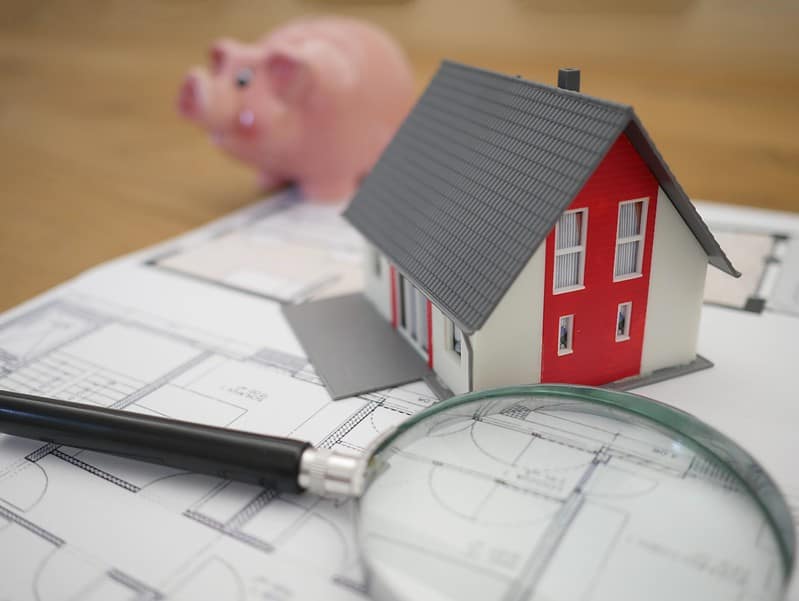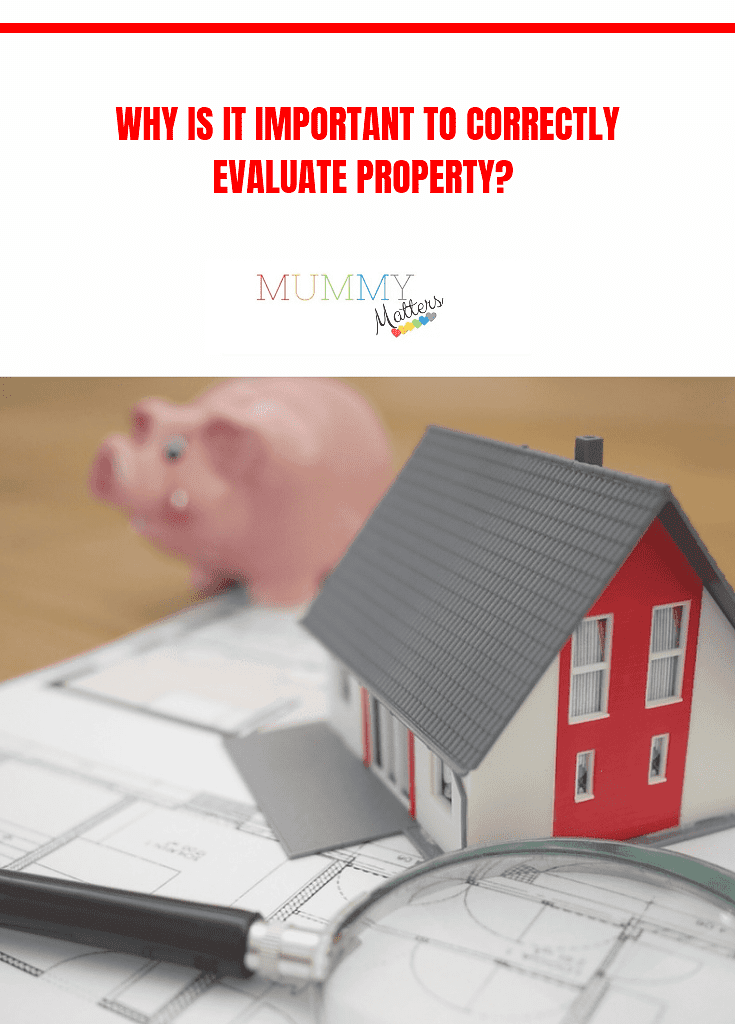When considering the purchase of property, whether residential or commercial, there is no room for error when completing a property evaluation. With an accurate assessment of value and condition, making informed decisions regarding any real estate investment is easier. Yet far too often, buyers underestimate the importance of evaluating their potential investments before jumping into a deal — leading many down an all-too-familiar path with costly mistakes.

Here’s why property evaluation is important and how to ensure you get the most accurate value assessment for your potential purchase.
1. Sets a Fair and Accurate Price
When evaluating a property and setting a fair and accurate price, experience and expertise matter. Working with a team of experienced valuers can help you get a realistic idea of the property and also help you negotiate an appropriate price with the seller. This level of insight allows buyers to avoid overpaying for either a residential or commercial property and ensures they’re making sound investments.
It’s essential to thoroughly look at market conditions and factor in the kind of buyer interested in the property. Knowing the metrics and the narrative behind the data—the macro changes happening in the area—helps create a complete picture that allows us to ensure all parties have realistic expectations from an offer.
2. Helps Determine Investment Potential
Evaluating property before investing is essential. A thorough assessment of any potential real estate purchase can help investors determine if the investment holds potential or is more likely to create a financial burden. Looking closely at the area’s location, condition, and general market trends helps give investors the information they need to make an informed decision.
Other aspects such as size, price, crime rates, zoning, and expected property price appreciation should also be considered. When assessing investment potential, understanding these elements will provide a better picture that can aid in making sound financial choices regarding real estate investments.
3. Avoids Costly Mistakes
If you’re in the market for a new home or investment property, evaluating potential purchases is essential to avoid costly mistakes. This process involves more than examining aesthetic features or determining if the sellers are offering a good deal — you must also objectively assess the financial, legal, and social aspects of purchasing a particular piece of property.
Without considering these factors, strange surprises could lurk beneath seemingly attractive facades that show up after you’ve already sealed the deal. To prevent costly pitfalls further down the road, form a clear vision of your ideal property before being swayed by superficial charms, and always do your due diligence.
4. Assesses Property Condition

From the seller’s perspective, assessing the condition of their property gives them an understanding of what potential improvements will maximize the sale price. From a buyer’s perspective, a thorough evaluation of the property provides insight into any structural concerns, potential renovation expenses, or necessary maintenance activities that should be factored into the purchase decision.
Property assessment requires engaging professionals who understand the complex nuances of real estate to ensure a comprehensive evaluation is completed. It is worth the effort and expense to thoroughly assess any potential home purchases – it will be a great asset in making informed decisions about buying and selling properties.
5. Understands Market Conditions
Knowing the specifics of your local market and understanding current market conditions is essential to evaluating a property. Learning to compare similar properties that have recently sold in the local area is incredibly valuable for accurately assessing what a specific piece of real estate is worth.
Taking timely and accurate readings on market trends can also give you an advantage when making an offer on a property or negotiating with a homeowner. Staying on top of these details will keep you informed, place you at an edge in negotiations, and help you better understand if investing in a particular piece of real estate is the right decision for you.
6. Provides Detailed Data
Data plays an increasingly important role in evaluating property and real estate investments. Researching relevant data can help inform decisions, helping you make more informed investments and achieve better long-term returns. It’s not just about understanding the past – data can also forecast future trends and risks or pinpoint new opportunities.
Whether it’s market reports, sales history of comparable properties, property tax records, local population statistics, or economic forecasts, detailed data can be invaluable when assessing which properties warrant further investigation. Doing your due diligence before committing funds to any property ensures you’ll have a better chance of success.
A professional property assessment is worth its weight in gold. A qualified assessor will thoroughly analyze your property’s condition and value, provide accurate data that you can use to make wise decisions, and help you create realistic expectations for sale. By staying informed, you can confidently set the right price for your property and maximize its financial ROI and overall success.


